New Scientist covers the latest developments in science and technology that will impact your world. New Scientist employs and commissions the best writers in their fields from all over the world. Our editorial team provide cutting-edge news, award-winning features and reports, written in concise and clear language that puts discoveries and advances in the context of everyday life today and in the future.
Elsewhere on New Scientist
Living up to the hype • The James Webb Space Telescope has already transformed cosmology
New Scientist
SpaceX Dragon breaks records
Cause of morning sickness found • A hormone called GDF15 has been identified as the cause of nausea in pregnancy, which should lead to ways to prevent and treat the most severe cases, finds Michael Le Page
Harbour seals may learn songs years before singing them
Gut bacteria could affect your intelligence test scores
Treatment hope for prion diseases • A genetic therapy has brought the lifespans of infected mice almost back to normal
Alligators create hotspots for life by digging with snouts
Collisions are less likely when you’re walking as a couple
Tapeworm infection makes ants live three times longer
AI finds new way to sort data • Millions of programs could run faster thanks to DeepMind discovery of better code
Harvestmen adapt wooing technique after losing a leg
Why you can stay focused on conversations in a noisy room
Fast-growing galaxy offers window on the early universe
Masturbation’s evolutionary role • Solo sexual activity in male primates seems to cut the chance of catching infections
A way to build sound-based quantum computers
Metformin may cut the risk of long covid by 41 per cent
Dried-up lake may explain lack of Californian quake
Cats could get lifetime contraception • Single injection may prevent cats getting pregnant and it should work in other species too
Recent supernova used to help search for signals from ET
Extremely cold drop of helium can be levitated forever
Earliest complex life may have lived 1.6 billion years ago
Taurine supplements may extend lifespan and health as we get older
Octopuses edit their own RNA to adapt to cold water
Crocodiles can breed without any males
Robot outcompetes human gardeners
How the brain may make us scared of heights
Really brief
How to breathe easy • Tackling our toxic air is crucial, not just for good health, but as a means to confront the climate crisis, says Sadiq Khan
Artificially intelligent • Rise of the machines From self-driving cars to humanoid robots, robotics is an area of research that gets less attention than it deserves given its potential impact, says Alex Wilkins
Earth under fire
Your letters
Find your tribe • Are you a boomer? A zoomer? A much-maligned millennial? Elle Hunt is puzzled and intrigued by a book that sets out to find the real differences
The simulation game • We need computer models to understand our planet and the universe. A former simulation sceptic explains why, finds Chris Stokel-Walker
New Scientist recommends
The film column • Giving it away Since the 1990s, Chile has received the largest ever donation of private land. A new documentary tracks the couple behind the effort as they evolve from corporate leaders to conservation champions, says Simon Ings
Making waves • Ultrasound is fast emerging as a tool for treating everything from cancer to ageing. If we discover how it really works its magic, the possibilities look astounding, finds Kayt Sukel
Smoother skin
The galaxies that don’t make sense • The James Webb Space Telescope spotted six anomalous young...
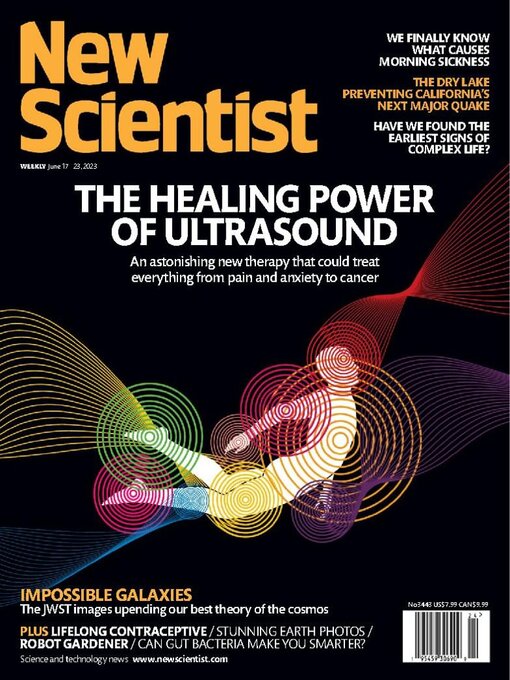
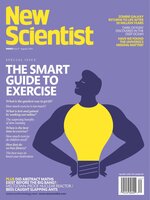 Jul 27 2024
Jul 27 2024
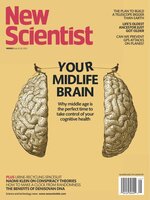 Jul 20 2024
Jul 20 2024
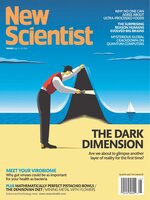 Jul 13 2024
Jul 13 2024
 Jul 06 2024
Jul 06 2024
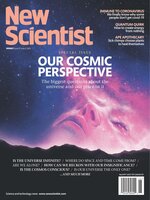 Jun 29 2024
Jun 29 2024
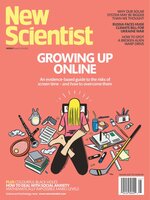 Jun 22 2024
Jun 22 2024
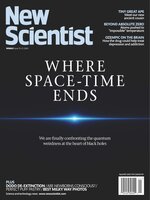 Jun 15 2024
Jun 15 2024
 Jun 08 2024
Jun 08 2024
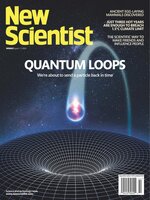 Jun 01 2024
Jun 01 2024
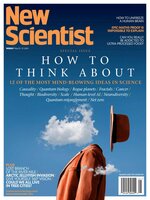 May 25 2024
May 25 2024
 May 18 2024
May 18 2024
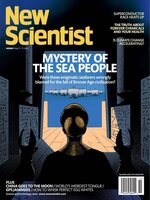 May 11 2024
May 11 2024
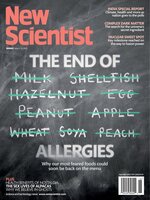 May 04 2024
May 04 2024
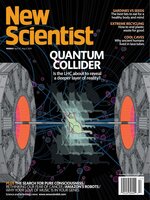 Apr 27 2024
Apr 27 2024
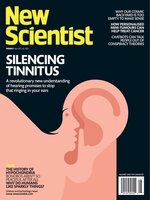 Apr 20 2024
Apr 20 2024
 Apr 13 2024
Apr 13 2024
 Apr 06 2024
Apr 06 2024
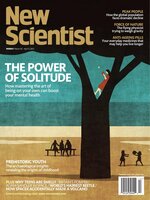 Mar 30 2024
Mar 30 2024
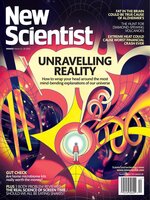 Mar 23 2024
Mar 23 2024
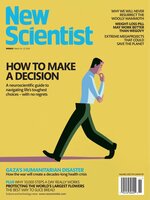 Mar 16 2024
Mar 16 2024
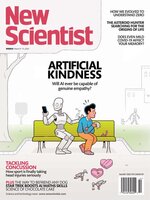 Mar 09 2024
Mar 09 2024
 Mar 02 2024
Mar 02 2024
 Feb 24 2024
Feb 24 2024
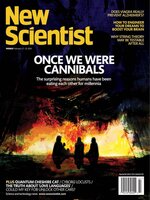 Feb 17 2024
Feb 17 2024
